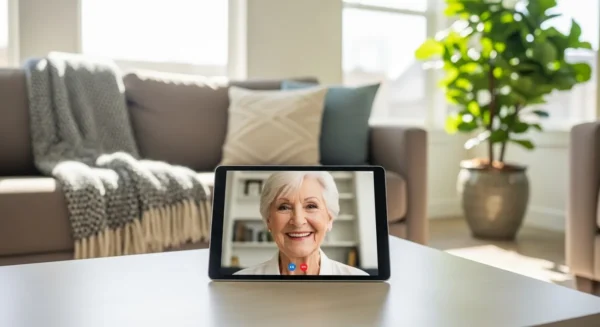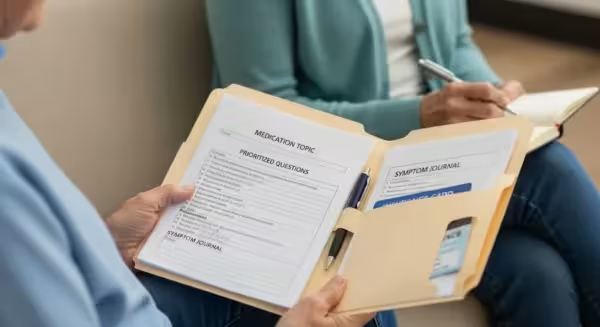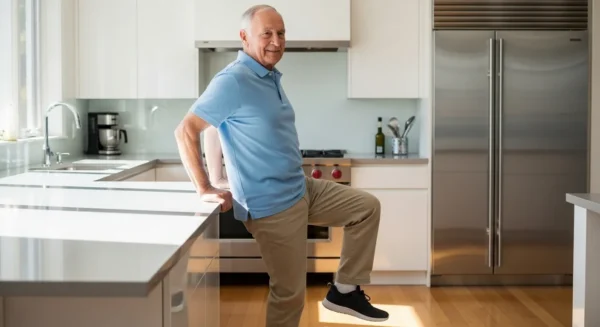
Practice 6: Finding and Nurturing a Sense of Purpose
Having a reason to get up in the morning is a powerful driver of longevity. A sense of purpose—whether it comes from volunteering, caring for a pet, learning a new skill, or being involved in family life—is strongly associated with better health outcomes. It gives life meaning and direction, which is crucial for senior wellness, especially after major life transitions like retirement or the loss of a spouse.
Understanding the Benefits: Studies show that adults with a strong sense of purpose have a lower risk of cognitive impairment, stroke, and heart attack. Purpose provides a buffer against stress and is linked to healthier behaviors, such as being more physically active and taking better care of oneself.
How to Practice Safely: Finding your purpose is a personal journey, not a race.
- Volunteering: Find a cause you care about. Local libraries, hospitals, animal shelters, or schools often have flexible volunteer opportunities.
- Mentoring: Share your lifetime of experience with a younger person. Organizations often look for mentors to help guide students or young professionals.
- Learning a New Skill: It’s never too late to learn. Take a community college class, learn a language online, or pick up a musical instrument you’ve always wanted to play.
- Small Acts of Service: Purpose doesn’t have to be a grand gesture. It can be as simple as baking for a neighbor, tending to a small garden, or being the person your family can count on for a listening ear.
Consult a Doctor If: You feel a persistent lack of interest or a sense of emptiness that you can’t shake. This “anhedonia,” or inability to feel pleasure, can be a symptom of depression and warrants a conversation with a healthcare professional.















